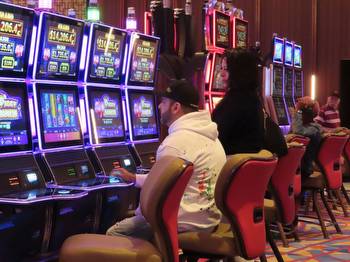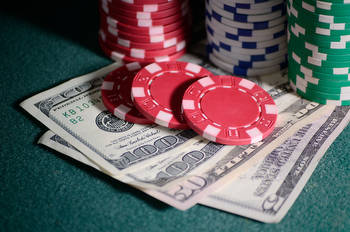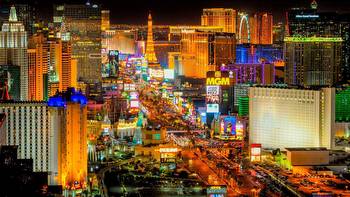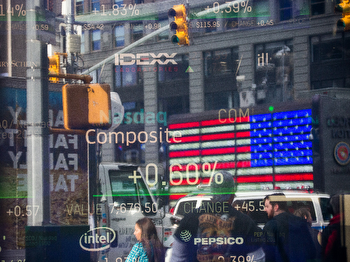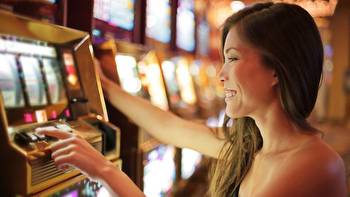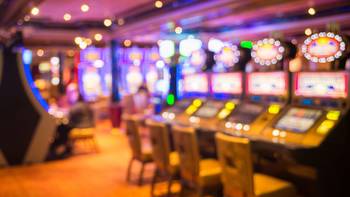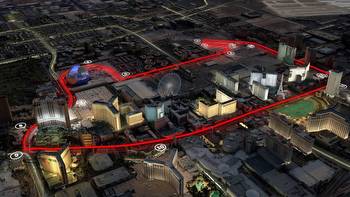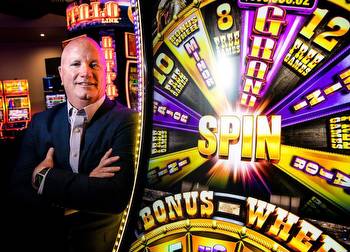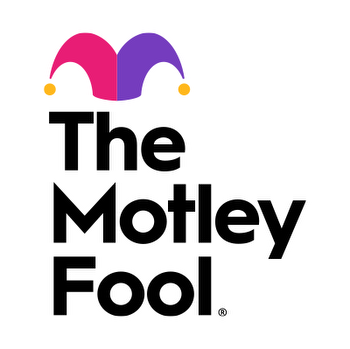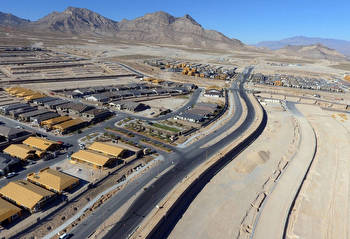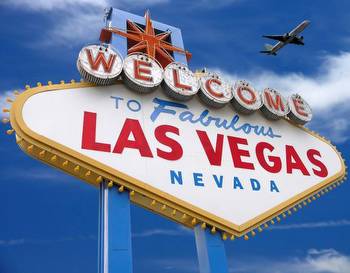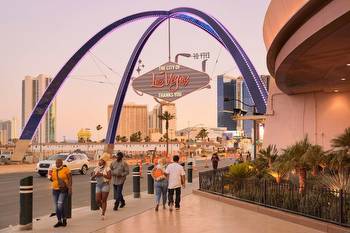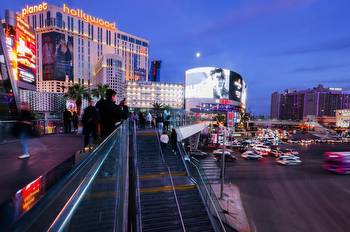Las Vegas Casinos Could Be Signaling a Recession, With Stocks Plunging
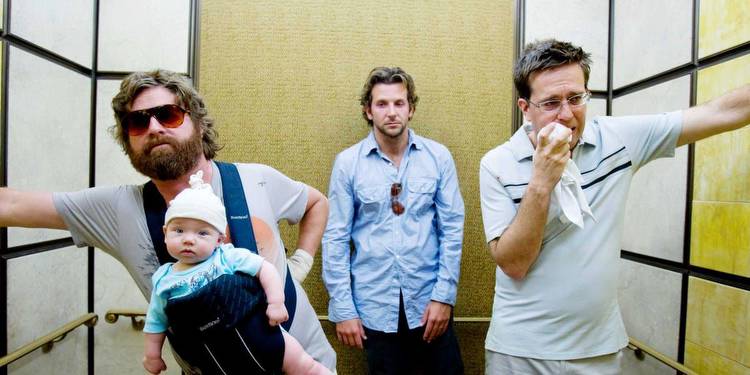
US stocks have had a miserable couple of months after starting 2023 on a tear – and one sector is feeling the whiplash more than most.
Publicly listed casino owners and operators have seen their share prices slump since the start of August, with some entering bear-market territory after dropping more than 20%.
The biggest losers have been the world's largest gambling stock by total valuation, Las Vegas Sands, and MGM Resorts, which owns and operates several large casinos, including the Bellagio and the MGM Grand.
Of the US's 10 largest-cap gambling stocks, just one – slot machine maker Light & Wonder – has eked out a gain in the second half of the year, edging up just 0.5%.
Casino stocks have plunged so much over the past two months that they're even underperforming the S&P 500.
The benchmark index has tumbled 8% since July 31 on investors' fears that the Federal Reserve will hold interest rates at a higher level for longer in order to kill off inflation, while the S&P Composite 1500 Casinos & Gaming Index, which tracks the value of 10 US-listed gambling stocks, has plummeted 19% over the same period.
Casino stocks' losses have likely been driven by Wall Street taking a gloomier view on the economy, according to analysts.
After a dream first seven months of the year, key data releases have given investors more reason to sweat in recent months, with inflation rising in August and the unemployment rate starting to tick up toward 4%.
Meanwhile, Americans have never had so much credit card debt, a sign that many are struggling to make ends meet after years of soaring prices.
The gambling industry is economically sensitive – because when people have less money to spend, they're more likely to use it to buy food or pay rent than bet on roulette or blackjack in Las Vegas.
Top short-seller Jim Chanos even touted the Las Vegas strip as a potential economic indicator earlier this year, noting that there was a significant slowdown in spending on gambling ahead of the dot-com crash and 2008 financial crisis.
"Las Vegas Strip revenue has been a pretty good leading/coincident indicator of the US Consumer," he said in a post on X, attaching a table showing yearly revenue from the city's famous stretch of hotels and casinos. "Note the slowdowns in 2000 and 2007, before the last two recessions."
Las Vegas' next big test will be the third-quarter earnings season, with most casino operators expected to announce their results over the next month.
Disappointing figures could be one of a growing number of signals suggesting that, like gambling stocks, the economy might be headed for the red.








